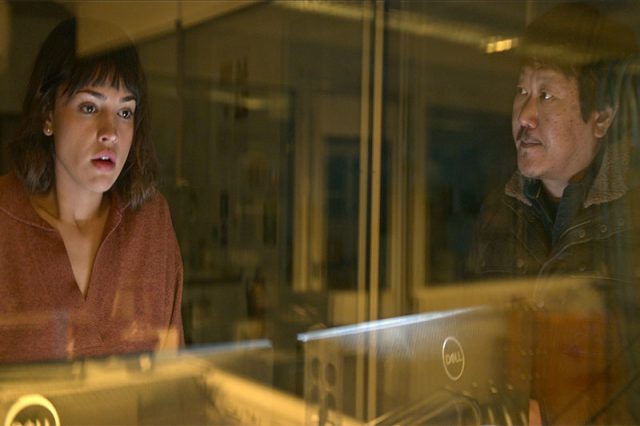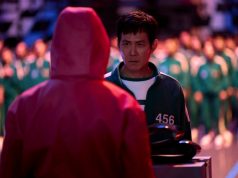Chinese science fiction writing has experienced an unparalleled surge in global acclaim over the last decade, with author Liu Cixin and his novel The Three-Body Problem (2006) at the forefront. Barack Obama and Mark Zuckerberg are among the many readers captivated by Liu’s Three-Body trilogy, thanks to its unique blend of historical and cultural storytelling.
READ: Netflix’s ‘3 Body Problem’ leaves jaws dropped among Chinese viewers
The eight episodes of the new Netflix adaptation take place across the trilogy, including the other two novels, The Dark Forest (2008) and Death’s End (2010).
The series offers an intense narrative journey that probes into the trilogy’s core questions. If a technologically superior alien civilization were to invade Earth – a planet already plagued with ecological destruction and human conflict – how should humanity respond? Is humanity worth saving? Is saving ourselves even possible?
The series begins with the story of astrophysicist Ye Wenjie’s (Rosalind Chao) disillusionment with humanity, which leads her to invite aliens known as Trisolarans to intervene. The show then follows a number of strategic defenses against the impending Trisolaran invasion, culminating in complex interstellar efforts to preserve human civilization. It weaves a story of survival, betrayal, and the relentless quest for human and alien coexistence with cosmic threats and the search for a mutual understanding between vastly different beings.
The series showcases some of the most widely discussed plots from Liu’s science fiction universe, bringing them to life with stunning visuals. It makes for a superb viewing experience, both for fans of Liu’s original novel and those new to the story.
A strange echo of the Cultural Revolution
China’s Cultural Revolution (1966-1976) is an important cultural backdrop for Liu’s novels. This nationwide political campaign brought death and catastrophe for millions of families in the People’s Republic of China, under the leadership of Mao Zedong.
Ye Wenjie is a witness to this calamity. The Netflix series opens with a harrowing scene where she sees her father, a leading physicist, brutally beaten to death by the Red Guards.
Nearly every episode in the series alludes to the Cultural Revolution in some way. However, the adaptation oversimplifies its impact on Ye’s life, and consequently her complex role in the clash between humanity and the Trisolarans.
For instance, in the second episode, Ye immediately sends a message to the Trisolarans after encountering the unrepentant Red Guard who killed her father. This accentuates her deep-seated bitterness toward the Cultural Revolution and her ensuing disillusionment with humanity.
But in the novel, her confrontation with the Red Guard doesn’t happen until much later. By this point, she’s gone through a whirlwind of ideological shifts and emotional developments that are key to her changing attitudes toward both China and humanity as a whole.
Netflix’s adaptation glosses over the significant influence of the Cultural Revolution on the plot of The Three-Body Problem. These changes to the story, which presumably aim to add global appeal, miss a deeper exploration of the novel’s important themes.
Rewriting characters and humanity’s decisions
The Netflix series introduces the “Oxford Five” – a diverse group of Oxford-educated physicists and intellectuals with various skin colors and cultural backgrounds, who don’t appear in Liu’s novels. This creative decision highlights the message that humanity, despite our differences, should be united in addressing existential threats.
Through the Oxford Five, the series successfully explores deep ethical questions. Should we sacrifice individuals today to prevent potential future crises? Or should we focus on current issues, such as poverty and social inequality?
Despite the additions and changes, 3 Body Problem masterfully unfolds Liu’s expansive universe. It teases potential collaborations between the scientists and the UN, and questions how humanity might reassess its social fabric and relationships amid external threats.
The first season offers a range of diverse answers but ultimately, its mix of intrigue and open-ended storytelling encourages viewers to draw their own conclusions.
Mia Chen Ma, Research Fellow in Medical Humanities, China and the UK, University of Strathclyde . This article is republished from The Conversation under a Creative Commons license. Read the original article.










